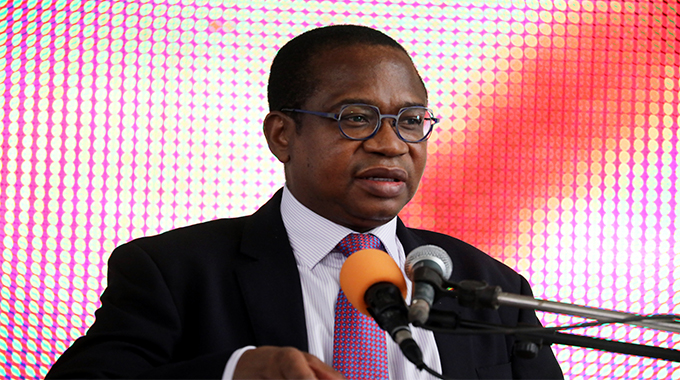Smallscale miners seal fuel supply deal

Oliver Kazunga, Senior Business Reporter
SMALLscale miners have struck a one million-litre weekly fuel allocation facility aimed at improving mining operations on the back of the prevailing power cuts the country is experiencing.
Zimbabwe Miners Federation (ZMF) spokesperson Mr Dosman Mangisi said fuel challenges facing their members were expected to end following a tripartite agreement signed with Glow Petroleum and Metbank last week.
“ZMF in conjunction with Metbank and Glow Petroleum have signed a tripartite agreement where they have come in to rescue small-scale miners who have not been spared from the negative repercussions of fuel shortages obtaining in the country,” said Mr Mangisi.
“The deal will see the miners procuring a weekly allocation of one million litres of diesel from Glow Petroleum at subsidised rates.
“Under the facility, the miners themselves have to indicate the amount of fuel they use and Glow, with their operations dotted across the country, will then make those reservations as the miners will be identified with a miners’ card from Metbank.”
Mr Mangisi encouraged miners to open accounts with Metbank to be given a card which they can produce at any of Glow Petroleum’s service stations for identification purposes before procuring the fuel for their mining operations.
He said the facility was already working, adding that other conditions of the deal were being worked on to improve output by small-scale miners who have been reeling under fuel constraints since October last year.
Mr Mangisi said the deal was expected to go a long way in boosting small-scale miners’ operations as there will be less downtime, which had of late been exacerbated by load shedding from Zesa.
“Output by small-scale miners is certainly going to improve because the down time period will be lessened as the miners will not have to spend much of their time searching for fuel in the event of power cuts particularly during this period when the country is experiencing increased power blackouts,” he said.
“Ore processing and other activities such as elution, which is a 24-hour process, was taking at least 48 hours to finish as a result of power cuts.
“So those who use generators will now have fuel right at their doorsteps as a result of the joint arrangement we have entered into with Metbank and Glow Petroleum.”
Power utility, Zesa, recently embarked on a massive load shedding programme as water levels at Kariba Dam, which provides water to one of Zimbabwe’s major power stations, Kariba Hydro Power Station, have become critical.
According to ZMF, the deal will also circumvent situations where stoppages had become rampant at mines that are under care and maintenance.
“For example, people will be pumping water at the mines that are under care and maintenance and all of a sudden power is gone and the generator has no diesel.
“Such operations were being obstructed by power blackouts but that is now a thing of the past as a result of the deal that we have struck,” said Mr Mangisi.
At present, small-scale miners are contributing 60 percent of gold deliveries to Fidelity Printers and Refiners, the country’s sole buyer of the yellow metal produced in Zimbabwe.
Last year, the country produced 33,2 tonnes of gold and of that figure 21,7 tonnes came from the small-scale mining industry. Government has this year set a target of 40 tonnes of gold output.
— @okazunga.












Comments